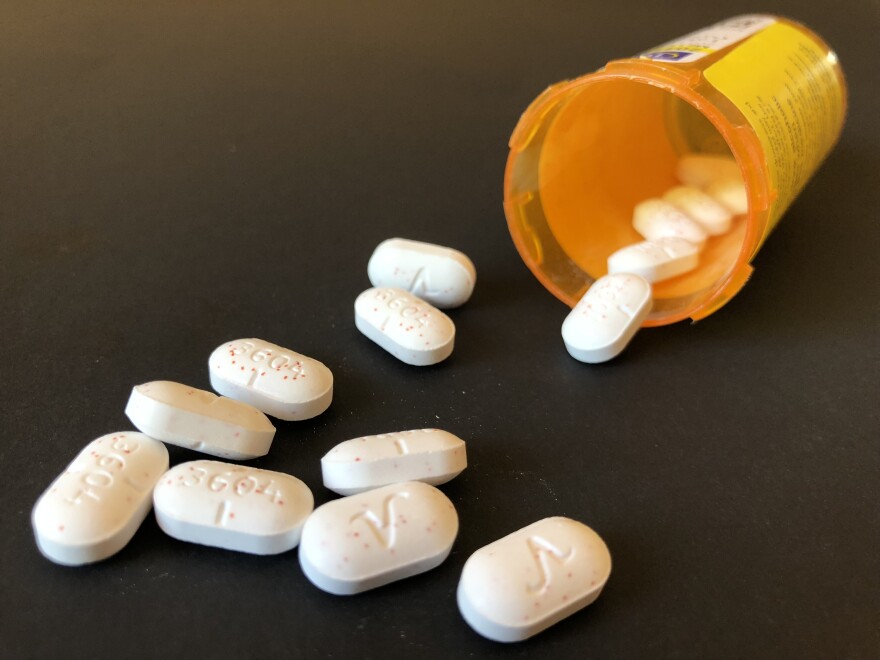Florida may be on the right track to reducing the amount of opioid-caused deaths, according to the Department of Children and Families, but only if that state can find funding.
Ute Gazioch, the director of Substance Abuse and Mental Health at the Florida Department of Children and Families, has high hopes for the state's approach to the opioid crisis. She talked about the current situation at a Senate Health and Human Services Appropriations Subcommittee meeting on Oct. 23.
“I want to be very cautious about my optimism, the first half of 2018…We saw the number, the percent of opioid-caused death decrease by about 13%,” Gazioch said. “Now, if the second half of 2018 had enormous numbers that may, in the end, wash out and still show an increase, but if those trends did continue…that may be the first time we see a decrease in those opioid-caused deaths. So we’re optimistic.”
Florida received $54 million on Apr 21, 2017 through the Opioid State Targeted Response grant from the U.S. Department of Health and Human Services. Then, in May of that year, when Gov. Rick Scott declared a public health emergency on opioids in Florida, the state received an additional $27 million in federal grant money. The funding provided support services to those suffering from addiction.
Now, according to Gazioch, the state will need to come up with $76 million in order to continue its fight against opioid abuse. The current subsidizing program ends in September 2020.
The subcommittee chair, Sen. Aaron Bean, R-Fernandina Beach, concluded the meeting by saying “this is going to be one of those big pieces of building our budget.”
Florida’s 2020 Legislative Session begins on Jan. 14.






